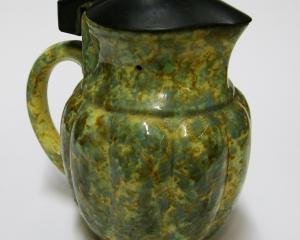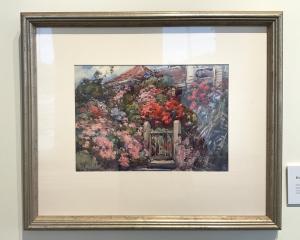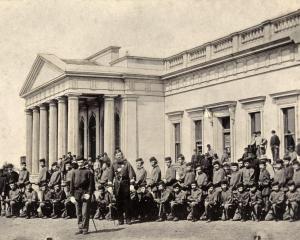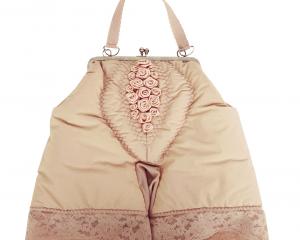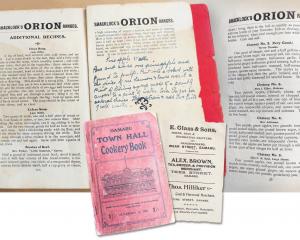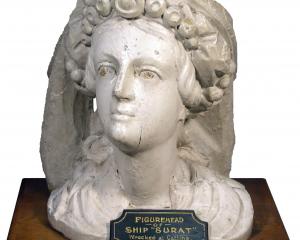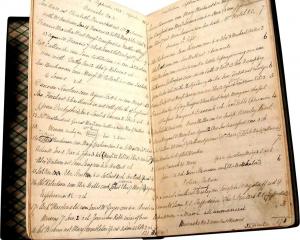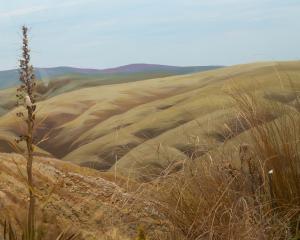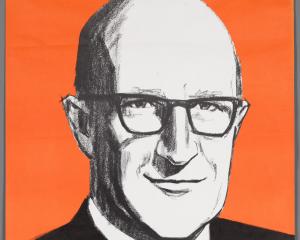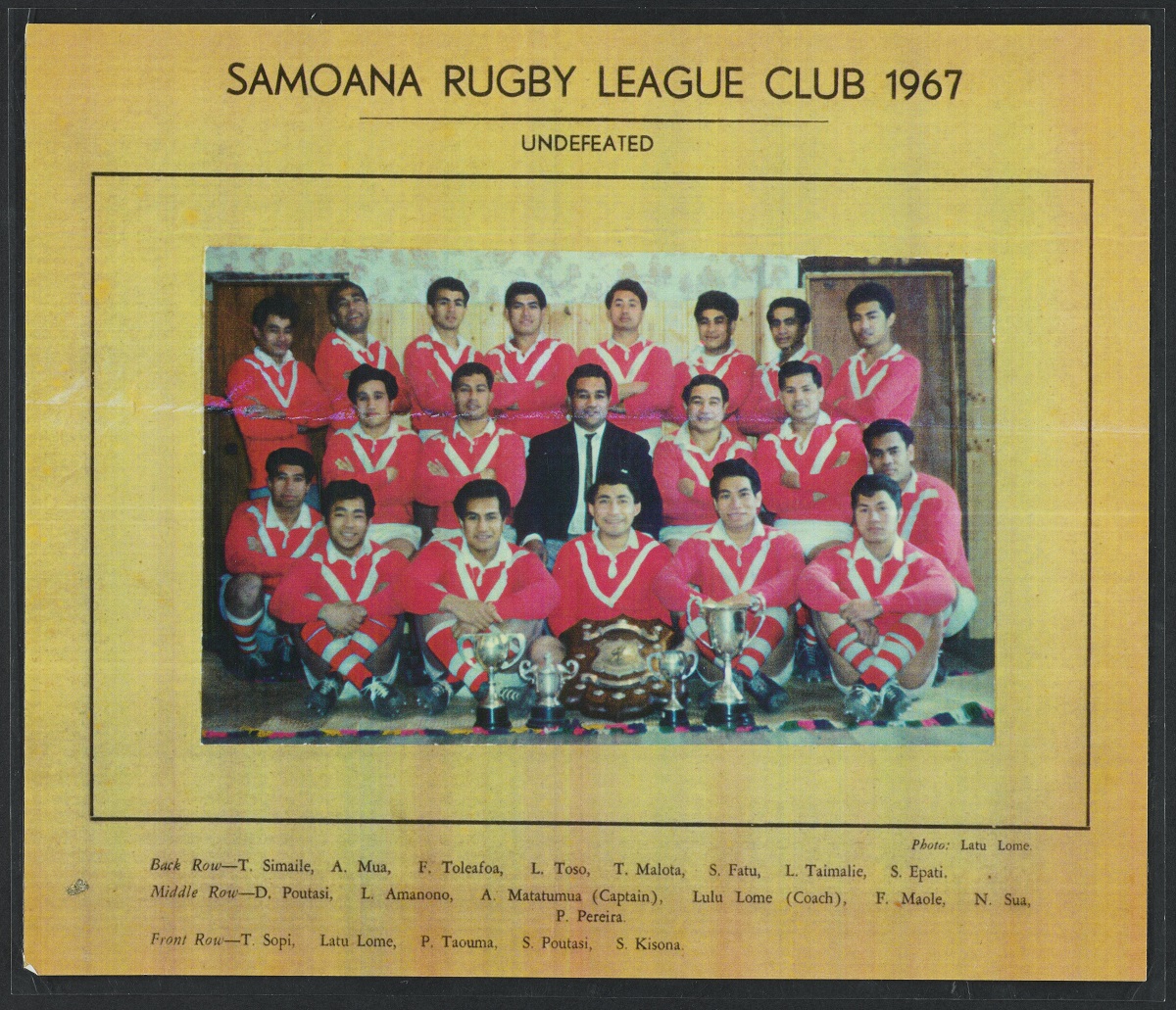
Every Thursday at 11am, the Hocken Collections staff offer members of the public a behind-the-scenes tour of our precious taonga.
We take you through our warren of temperature-controlled rooms and swipe-access-only doors that protect and preserve 400,000 published volumes, 8000 shelves of serials and newspapers, 12,500km of archives, 17,000 artworks, and 2 million photographs.
As you walk around the former Huia Butter Factory, now a repository of Aotearoa’s histories and peoples, you may be struck by the sheer number of items in our care: the remnants of businesses and buildings built, schools, events and churches attended, sports played, groups joined, books and manuscripts and diaries written and ledgers filled, the fabric of lives where communities are created, affirmed and interwoven, all protected by nondescript acid-free packaging.

One such story is that of Samoana, the enigmatic rugby league team that burst on to the scene in the mid-1960s. Three team photographs from 1964, 1965 and 1967 that form part of our holdings of the Otago Rugby League records led me down a path of discovery when I recognised the name of Peresia Pereria — a friend's father. When speaking with players' family members, especially Elena Lome, one of the driving forces behind the Samoana Oral History project and daughter of legendary Lulu Lome, the team's impact on Otepoti was clear. Both on and off the playing field, Samoana made an impression, as news reports from the time attest. A story published in the Otago Daily Times on August 22, 1964 and held in our published collections here at the Hocken, focused on the sideline support and the growing Samoan community in Dunedin,.
Only a year prior, in August 1963, Lulu Lome, with the support of his friend Gordon Hohaiha (grandfather of New Zealand rugby league legend Lance), had founded the team; the first name floated was "Speights", but in the end, Samoana was victorious. In their first season, 1964, Samoana went on to win the local competition, having an impressive record of winning 18 of the 19 games played. Their success took them to the Rothmans Tournament in Christchurch, playing against Hornby in the final. With 10 minutes to go and Samoana leading 7-5, officials abandoned the match due to an on-field scuffle blamed on Samoana, leading to, according to former player Pita Tauoma, "the biggest fight Addington Showgrounds had ever seen". Although Hornby was the official match winner, they shared the $1000 prize with the Samoana team.
Samoana’s domination continued in the 1965 season, winning local and South Island titles. As Taouma notes when interviewed for the Samoana Oral History Project, "The team became the focus of the Samoan community in Dunedin and also a focus in which other people in Dunedin realised there was a Samoan community there".
The community flourished around the club as more families migrated, intertwined, married, supported, and played for Samoana while studying at the University of Otago or working for some of Dunedin's largest employers, Cadbury and the Roslyn mill.
By 1966, Samoana had grown even more, fielding both an A and a B side in the local competition and no less than 10 players representing Otago; S. Fulu, K. Seuseu, L. Amanono, A. Matatatuma, P.Tauoma, F. Lemalu, N. Sua, I. Taimalie, W. Maoli and L. Lome. That year, Samoana was again crowned the Otago Rugby League champions.
Sadly, the 1967 season was controversial after a series of on- and off-field fights. Samoana withdrew from the competition that July, but were still awarded the Ellis and Joe Brown Cups as an undefeated side, as seen in the team photo from our collection.
Although their season was cut short, the Samoana legend and impact lives on, like many of the stories waiting to be told and heard in the care of the Hocken Collections.
Ceri Austin-Hart is a collections assistant at Hocken Collections.
Tours
- Free public tours are held every Thursday at 11 am at the Hocken Collections, 90 Anzac Ave. You can also visit Tuesday-Saturday, 10- 5pm; we would love to see you.

